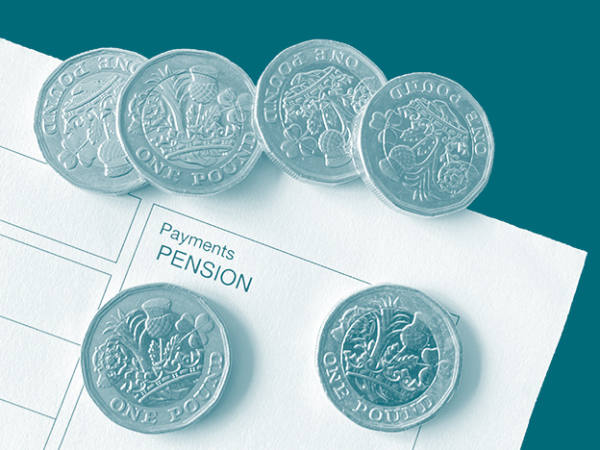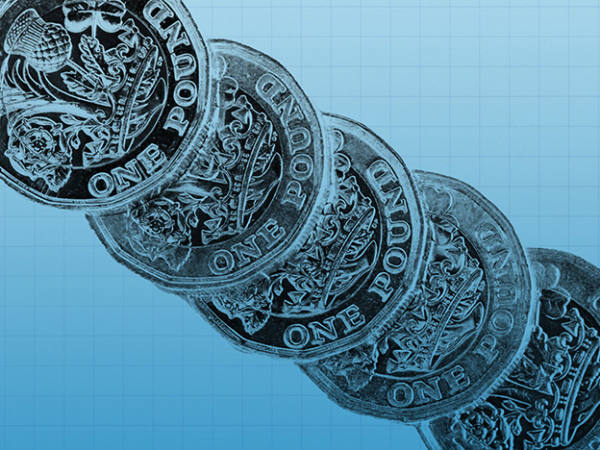- Report warns current system does not help lower earners
- Experts warn such policies would backfire for the government if implemented
The pensions tax-free lump sum should be capped or replaced by a subsidy to make the system fairer for lower earners, a respected think tank has said.
The Institute for Fiscal Studies’ (IFS) report, A blueprint for a better tax treatment of pensions, argued for a reform of the pensions tax system that would favour the bottom 80 per cent of earners.
It said the tax-free lump sum provided a bigger relief to people with larger pensions and to higher-rate taxpayers in retirement, who escape higher duties. The IFS suggested capping it so it only applies to the first £400,000 of pension wealth, or replacing it with a taxable top-up on all pension withdrawals.
This subsidy would even out the proportion of relief provided for basic-rate, higher-rate and non-taxpayers. For higher-rate taxpayers, it would mean receiving £62.50 less on £1,000 withdrawn, while people who withdrew a large lump sum from their pensions rather than regular income would risk ending up in a higher income tax bracket.
Jon Greer, head of retirement policy at Quilter, said restricting the pension tax-free cash is a simpler but emotive proposal. But realistically such changes could only be applied on future pensions savings, because applying it retrospectively would trigger a massive backlash.
“You could even go as far to suggest the government might be subject to claims of human rights infringements,” he said. “People would likely feel an unwritten pact had been broken and it could seriously damage the reputation of pensions.”
Interactive Investor’s Alice Guy added that a cap to the tax-free lump sum would disincentive pension savers, as this is one of the most widely known and “best-loved” pension rules.
Other proposals in the report included a reform of the lifetime allowance and of national insurance contributions (NICs) relief on pension income. Both the lifetime allowance and the annual allowance should be made more generous, the IFS argued, and the tapering of annual allowances for very high earners should be ended.
For defined contribution pensions, the report proposed the lifetime allowance should only apply to contributions rather than to the value of the pots, stripping out investment returns. This way it could not be breached accidentally and people who were approaching the threshold would not distort their investment decisions to avoid reaching it. For defined benefit pensions, “it would make sense” to set a cap on the pension benefits, the IFS argued.
Finally, people should receive employee NICs tax relief on pension contributions just like they do on income tax, but pension income should then be subject to employee NICs. “This would align the income tax and employee NICs systems and would benefit low and middle earners who make individual contributions, at the expense of higher earners enjoying big employer pension contributions,” the IFS explained.
Isaac Delestre, an IFS economist and report author, said pension saving was treated generously for high earners and the proposals would boost the retirement incomes of low and middle earners instead.
“Our system of pensions taxation has too many features that are arbitrary, wasteful or unfair. It’s long past time we retired them,” he said.
Quilter’s Greer broadly welcomed the report. “Regardless of whether people agree or disagree with the proposals they certainly take pension taxation in a different direction and this should be welcomed,” he said.
He added that “while many of the proposals may have some tricky practical application and perhaps some unintended consequences, we need to have these conversations as they move the debate forward”.
A HM Treasury spokesperson said: “Our reforms in 2010 to the annual allowance and lifetime allowance, which were necessary to deliver a fair system, only affect the wealthiest pension savers.”











